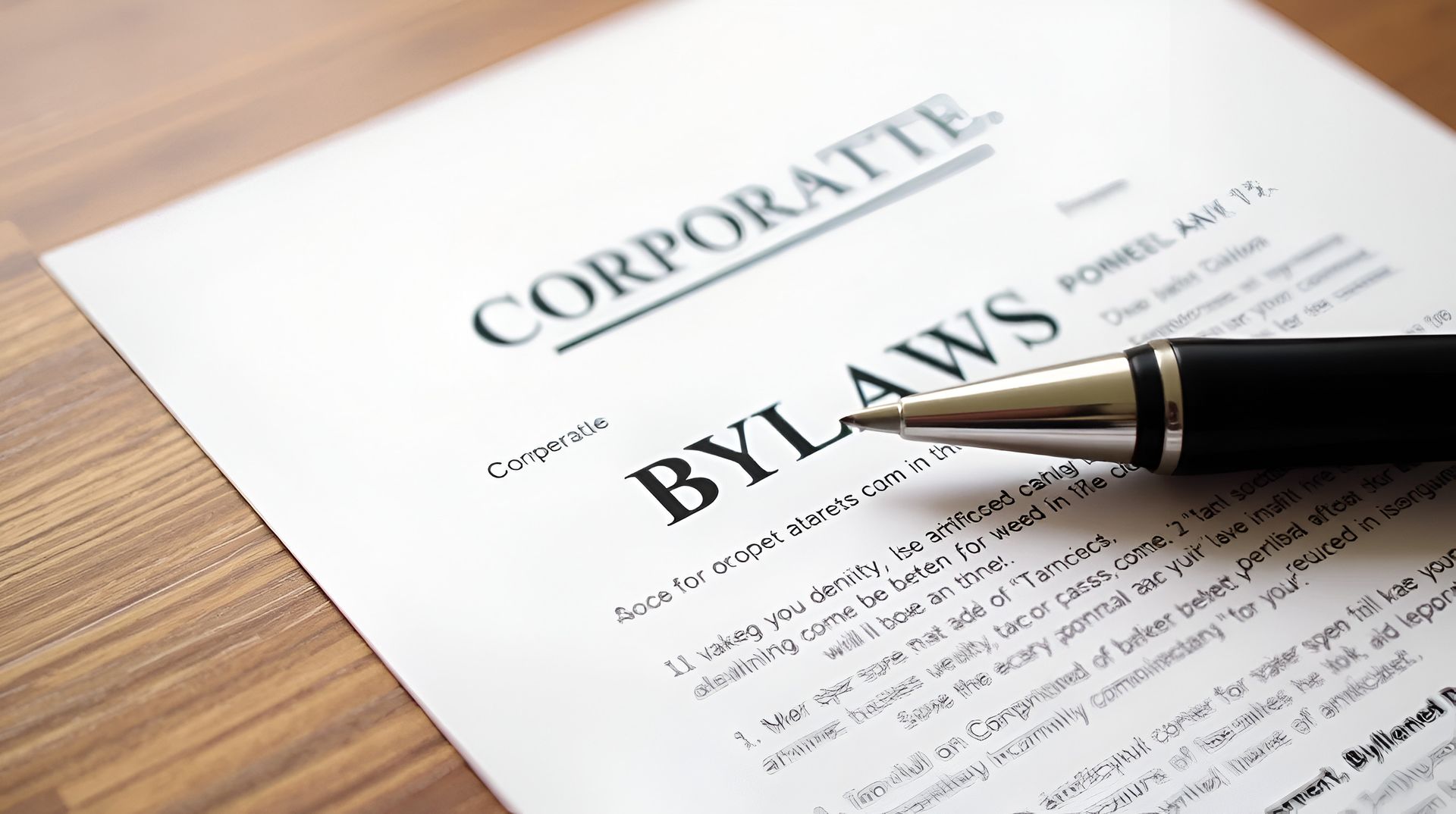Blog

CEOs and leaders at businesses should approach class action cases with caution, as they are fraught with a variety of dangers. In addition to facing the risk of potentially catastrophic financial consequences, there’s also the potential for irreparable reputational harm.
Even unsuccessful class action lawsuits can hinder the effectiveness of future marketing efforts, make it harder to attract top talent in recruitment campaigns and reduce revenue through consumer hesitancy to purchase a business’s products or engage with the brand.
Defeating the class action doesn’t always negate all these consequences. A business can still suffer potentially traumatic consequences just from the allegations.
The response to class actions should be multifaceted. While decisions pertaining to the legal strategy are arguably most important, business leaders must also consider public relations, damage mitigation strategies and long-term brand awareness efforts.
The Appropriate Legal Response to Class Action Lawsuits
The first thing any business should do once they receive a demand letter or hear rumblings of a class action lawsuit being aimed at them is contact their insurance company. Most class action lawsuits will fall under the purview of their business liability insurance, with exceptions being scenarios in which the alleged infraction is explicitly excluded from the policy.
Most scenarios related to premises liability, product liability or malpractice will be covered by the relevant business insurance or errors and omissions policy. Your insurance company will provide the most potent legal firepower for combatting a class action lawsuit, and it’s important to cooperate fully with their attorneys in your own defense.
However, business leaders might not want to rely solely on their insurance for legal assistance. This can be the case in all types of liability claims – but it is especially common in class action claims where the most expedient solution for the insurance company might not be in your business’s best interest.
In some situations, the insurance company might view settling as the fastest path to a case outcome they can control. Your business might be more concerned with the reputational damage a tacit admission of fault would have on your company’s brand and reputation.
When your interests don’t align with the insurance company’s interests, it can be helpful to have your own business defense attorney to advocate for you rather than the insurance company.
Common Defense Strategies in Class Action Lawsuits
There are a number of legal defense strategies that may be relevant in a class action case. Some claims could be challenged on their fundamental legal basis, or the qualifications of the class, creating openings for a motion to dismiss. In other cases, negotiating a settlement will make the most sense, especially if the plaintiffs have a compelling claim and the key facts aren’t in dispute.
Although trials are best avoided in many situations, they may be the preferable course of action in a class action lawsuit where the reliability and practices of your business are under attack. A trial can give your business the opportunity to vigorously defend its practices, commitment to customers and your authentic concern for the wellbeing of consumers. This public airing of facts afforded by a trial could end up being beneficial from a public relations perspective.
Public Relations Strategies
Damage control and reputational repair are almost always a key aspect of any business response to class action lawsuits. There are a few key groups of people a public relations strategy will need to speak to:
- Stakeholders
- The public
- Consumers
Communications to investors and employees must be carefully crafted and calibrated based on the severity of the situation. Transparency is important, but so is mitigating unreasonable anxiety or fear that might lead to panic selling positions or mass resignations of workers. You don’t want your business to look like a sinking ship, even if the class action has merit. Tailoring messaging to instill confidence will be of paramount importance.
There is value in transparency, and public relations professionals may advise your business to share as much information publicly as is legally advisable. Even information that might acknowledge business mistakes, like quality control failures or inadequate employee vetting, can be useful for establishing trust and showing your company isn’t trying to hide the truth.
Empathy and accountability without admitting fault is also important. It’s possible to show that you feel for the injured parties and wish they hadn’t suffered without admitting that your company was at fault for those injuries or that suffering. This type of messaging must be carefully crafted to avoid statements that could be construed as admissions of fault, which could be admissible in a trial.
Companies should emphasize their commitment to core values, principles and ethical practices with a media relations campaign delivered by skilled communicators and trained spokespeople. It’s important the messaging be clear, straightforward and tailored to restore trust.
Our Atlanta Class Action Lawsuit Defense Attorney Will Fight for Your Interests
The Law Office of Cameron Hawkins is committed to advocating for our business clients and working with insurance companies to develop and execute the strongest possible defense against class action lawsuits.
We appreciate that your interests are not always the same as the insurance company, but we also recognize how important it is to work together. Atlanta business defense attorney Cameron Hawkins knows how to provide balanced advocacy and aggressively fights to reach the optimal outcome for his clients.
Schedule a consultation today by calling 678-921-4225.











